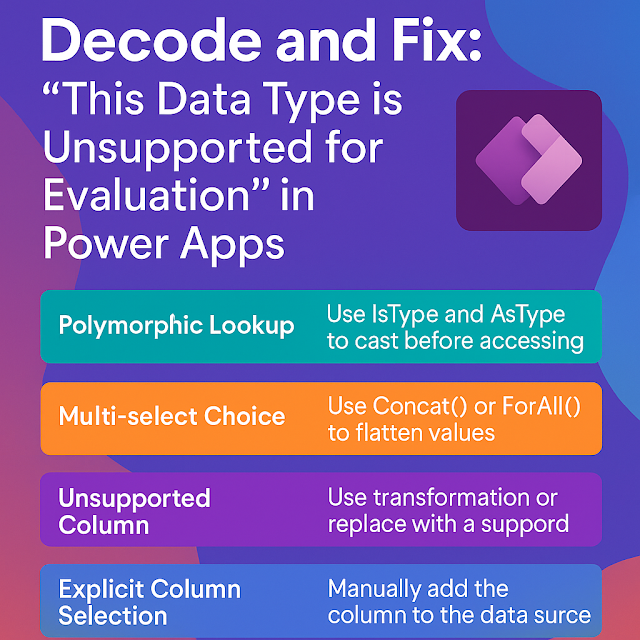Exploring Power Pages: An In-Depth Overview
Power Pages is an enterprise-grade low-code SaaS (software as a service) platform for creating, hosting, and administering rich external business websites.
Power Pages allow us to offer clients restricted access to Power Platform data securely, without the upfront costs of building a website. With Power Pages, clients can access their profiles within their Dataverse environment, add new information, make new inquiries, and seamlessly consume data. It enables us to rapidly design, configure, and publish business-centric websites that work seamlessly across web browsers and device.
Introducing Microsoft Power Pages, a low-code development and hosting platform ideal for building business-centric websites. Whether you are a low-code maker or a professional developer, you can design, configure, and publish websites for both desktop and mobile through a fluid visual experience. Choose from a variety of rich, customizable templates to suit your unique business needs.
Power Pages is built on top of Dataverse. This architecture comes with a major benefit. All the differentiating features of Dataverse are the features of Power Pages as well, including:
Central Repository: Dataverse acts as a central repository where all data related to Power Pages is stored and managed. This ensures data consistency, reliability, and accessibility.
Structured Data: It provides a structured environment to store data in tables, which can be used by Power Pages for various purposes like user profiles, inquiries, and other business data.
Role-Based Access: Dataverse supports robust security models, including role-based access controls. This allows for fine-grained control over who can view, edit, and interact with data.
Data Protection: It ensures that sensitive data is protected through encryption and compliance with data protection regulations.
Unified Data Service: Being part of the Power Platform, Dataverse seamlessly integrates with other components like Power Automate, Power BI, and Power Apps, enabling comprehensive business solutions.
Automated Workflows: You can automate workflows involving Power Pages data using Power Automate, leveraging Dataverse's data capabilities.
Business Rules: Dataverse allows you to define business rules and logic that can be applied to data within Power Pages, ensuring data integrity and consistency.
Validation: It enables data validation rules that can enforce data quality and adherence to business processes.
Complex Relationships: Dataverse supports complex data models and relationships, allowing you to define relationships between different tables and entities, which can be utilized in Power Pages for advanced data interactions.
Visualization: The data workspace in Dataverse helps in modeling and visualizing business data, making it easier to design and develop data-driven websites.
Custom Entities: You can create custom tables and fields in Dataverse to tailor the data structure to your specific business needs, which can then be utilized in Power Pages.
API Access: Dataverse provides API access for developers to extend and integrate data with other applications and services.
Summary
Power Pages and Dataverse are designed to work together, with Power Pages providing the front-end web interface and Dataverse serving as the back-end data store. This combination allows users to build powerful, data-driven web applications quickly and efficiently, leveraging the strengths of both tools in the Microsoft Power Platform. By leveraging Dataverse, Power Pages can deliver a robust, scalable, and secure data platform that supports the development and management of business-centric websites.













Comments
Post a Comment